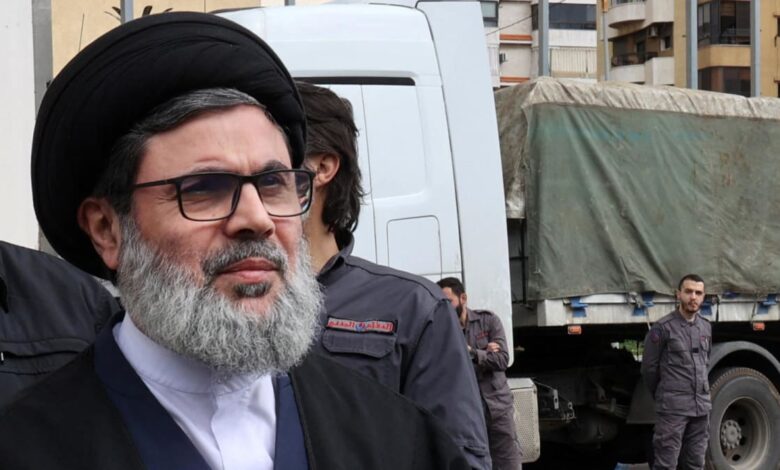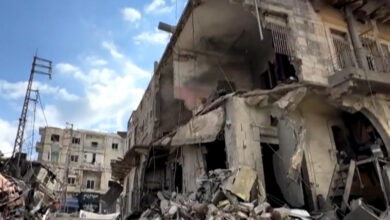Israel says senior Hezbollah official probably dead, Hezbollah backs truce efforts

WARNING FROM IRAN
Iran warned Israel on Tuesday against any retaliatory attacks. Foreign Minister Abbas Araqchi said any attack on Iran’s infrastructure would be met with retaliation.
Araqchi will visit Saudi Arabia and other countries in the Middle East starting on Tuesday. In a video on state media, he said the aim of his trip was to discuss ways “to prevent the shameless crimes of the Zionist regime in Lebanon in continuation of the crimes in Gaza”.
Sources have told Reuters that Gulf Arab states have sought to reassure Tehran of their neutrality in the conflict.
On the ground, the area of Israeli operations in Lebanon has been expanding. The Israeli military said it was conducting “limited, localised, targeted operations” in Lebanon’s southwest, having previously announced such operations in the southeast.
A World Food Programme (WFP) official voiced concern about Lebanon’s food supply, saying thousands of hectares of farmland across the country’s south had burned or been abandoned.
“Agriculture-wise, food production-wise, (there is) extraordinary concern for Lebanon’s ability to continue to feed itself,” Matthew Hollingworth, WFP country director in Lebanon, told a Geneva press briefing, adding that harvests will not occur and produce is rotting in fields.
World Health Organization official Ian Clarke in Beirut told the same briefing that there was a much higher risk of disease outbreaks among Lebanon’s displaced population.
Israel’s military struck Beirut’s southern suburbs overnight again and said it had killed a figure responsible for Hezbollah’s budgeting and logistics, Suhail Hussein Husseini, in what would be the latest in a string of Israeli assassinations of leaders and commanders of Hezbollah and Hamas.
Many Israelis have regained confidence in their long-vaunted military and intelligence after deadly blows in recent weeks to the command structure of Hezbollah.
The situation in Lebanon is getting worse by the day, the European Union’s foreign policy chief, Josep Borrell, told the European Parliament, calling for a ceasefire. Some 20 per cent of the Lebanese population had been forced to move, he said.



